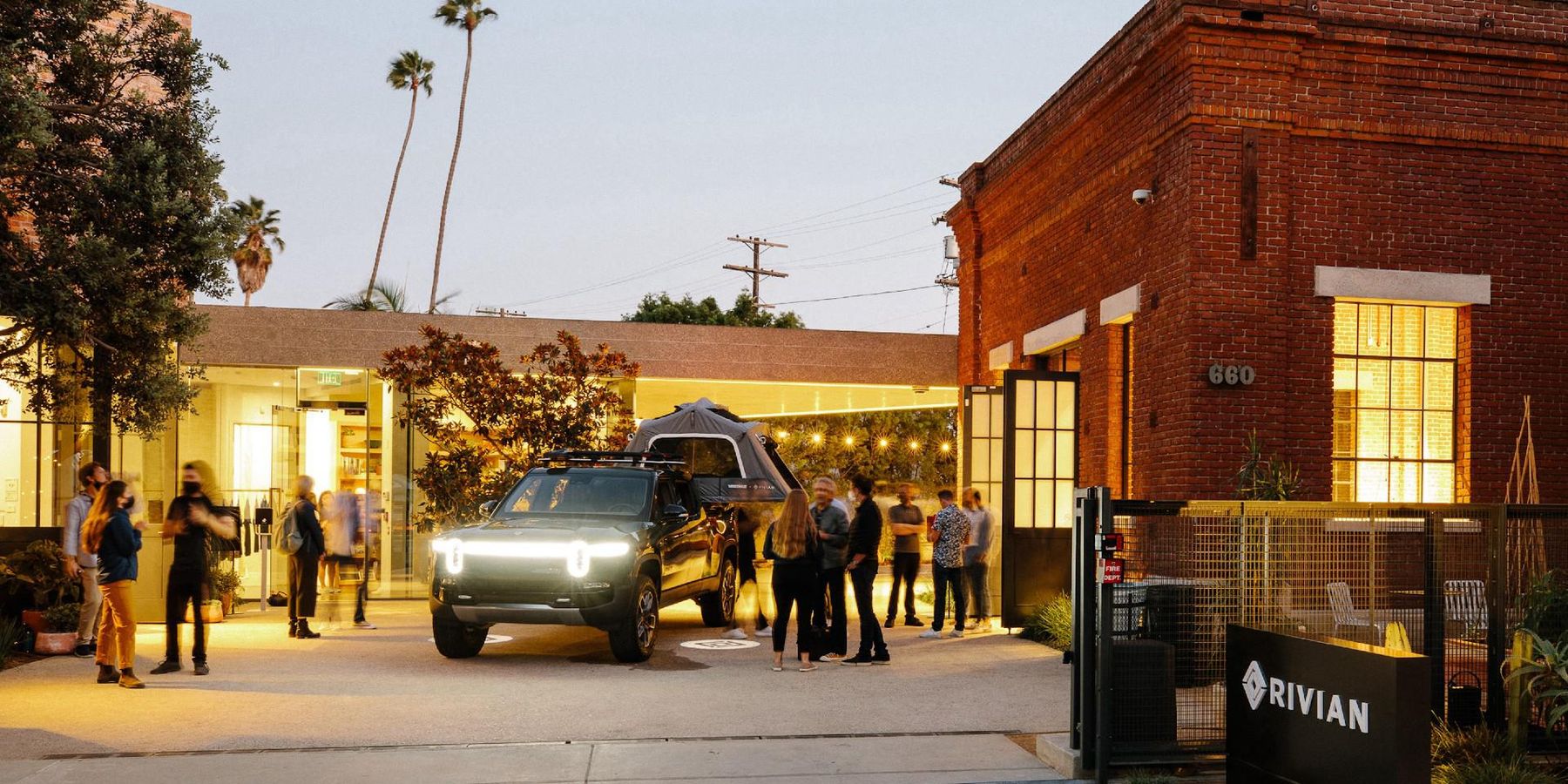
As the stock market struggles, some of the companies that have made Southern California a hotbed of electric vehicle manufacturing have taken a hit. Reporter Harri Weber assesses the damage.
Here’s what else we're reading in the news:
- Temple City-based Fulgent Genetics plans to sue L.A.'s sheriff for defamation after he accused the company of sharing COVID-19 testing data with China.
- USC and UC San Diego receive a $50 million donation for Alzheimer’s research from the Epstein Family Foundation.
- Under a newly proposed state bill, all California schoolchildren will need to be vaccinated for COVID-19, except for those with rare medical exemptions.
- Califia Farms rolls out new dairy-free products.
LA Electric Automakers Get Pummeled
Los Angeles-based electric vehicle makers are having a tough time on Wall Street. Faraday Future ended the day down nearly 73% since June. Rivian, Fisker and Xos haven't fared much better.
Blockchain-Based Folio Aims to Solve the Art World's 'Big Problem'
Los Angeles-based Folio is an invite-only community allowing artists to promote their work, collaborate with other artists and connect with NFT collectors. The platform is meant to act as both a digital portfolio for artists and a tool allowing collectors to search and discover digital art.
Why Antitrust Concerns Won’t Block Microsoft’s Activision Acquisition
Microsoft's big buy arrives just as federal regulators have taken an increasing vocal stance toward prosecuting illegal mergers in the tech world. But despite the tougher approach, the FTC has indicated that the agency will choose its caseload carefully—and that could be good news for Microsoft, experts say.
High-Speed Rail Between LA and Vegas Could Be Back on Track
The four-hour car ride from L.A. to Vegas could become a thing of the past. Regulators have begun reviewing a proposed 49-mile extension of high-speed rail between Rancho Cucamonga and Victor Valley, where it will join an already approved section to Vegas.
Health Care Payments Startups Join Forces
Once billed as rivals on opposite coasts, health care payment startups Peachy and Walnut unveiled a new partnership to make paying medical bills simpler and more affordable.


